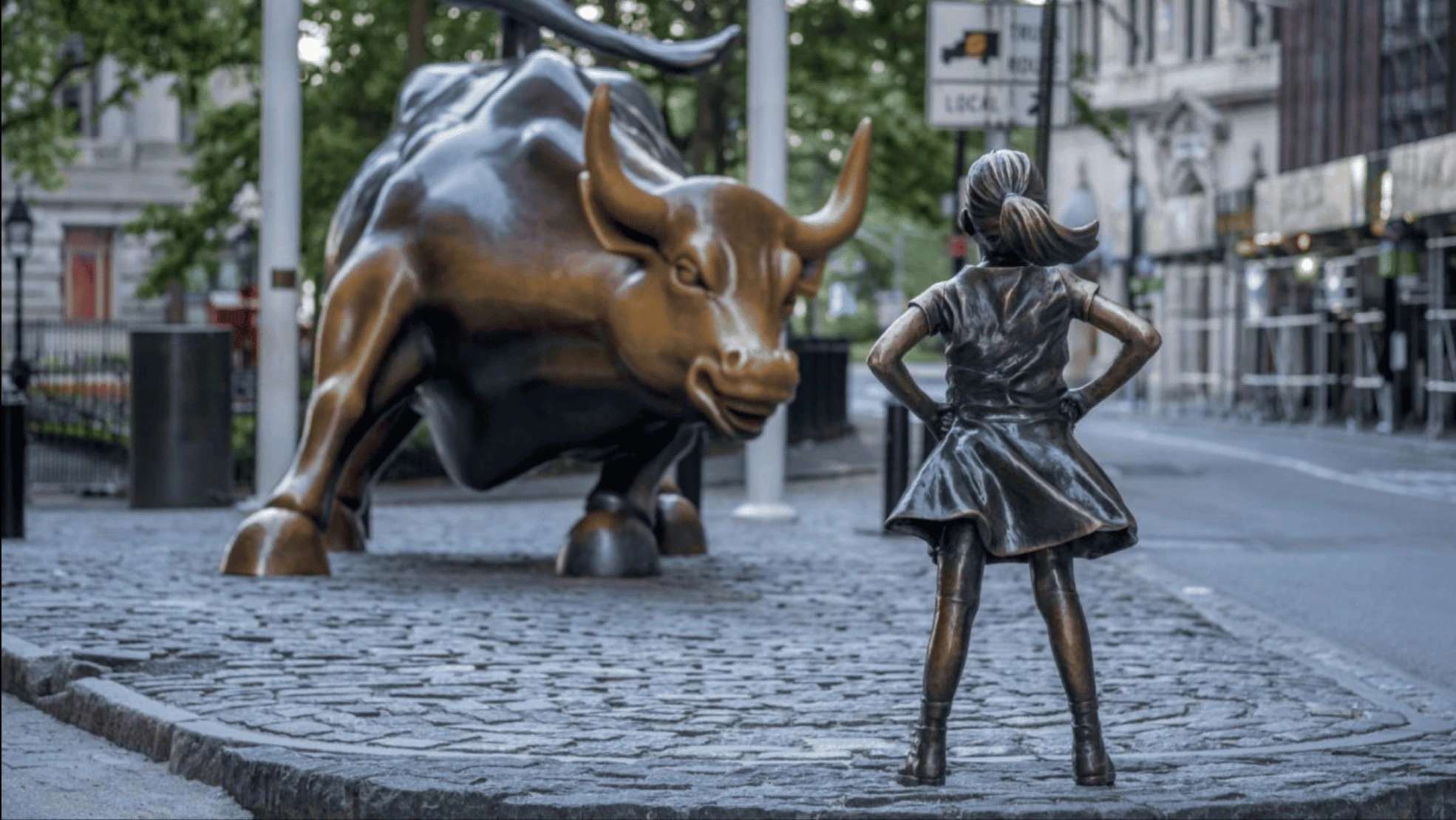Wall Street optimist Tom Lee sees 'rebirthed' bull market, likes small caps in 2H

An end to trade wars, or even just the market's belief that one is close, may create favorable conditions for the small-cap segment, according to Tom Lee, managing partner and head of research at Fundstrat Global Advisors. He prefers a "dumbbell" strategy this year: stick to the Magnificent Seven in the first half and small caps in the second.
Details
The market has entered a new bull phase following the April selloff, and in the second half of the year, investors should consider giving preference to small-cap stocks, according to Lee. He discussed this in an interview with CNBC. Lee is known as one of Wall Street’s biggest optimists and has a track record of accurate S&P 500 calls.
Looking ahead to the second half of the year, Lee believes small-cap stocks have a compelling case for growth. As long as progress continues toward trade war resolution, or even if the market just perceives that such progress is underway, he thinks investors will begin rotating capital into names beyond the Magnificent Seven.
In Lee’s view, the April trade-related selloff, which he characterizes as a mini bear market, has "rebirthed a new bull market." He expects any future declines to be relatively shallow, especially if momentum builds later in the year from potential deregulation and fresh tax cuts. Lee thinks the Fed will begin accelerating easing in 2026, which he believes would be another tailwind for equities.
Against this backdrop, Lee prefers a dumbbell strategy, i.e., a mix of extremely risky and extremely safe assets: He leans toward the Magnificent Seven (Alphabet, Amazon, Apple, Meta, Microsoft, Nvidia, and Tesla) in the first half of the year but toward small caps in the second half.
Context
Trump's announced tariffs have weighed particularly on the Russell 2000, the main index of stocks of smaller companies, which has lost more than 7% since the beginning of the year. In April, it was the first major U.S. index to dip into bear-market territory, that is, it fell 20% from its last peak.
Small-cap stocks were initially seen as a major beneficiary of Trump's election, CNBC has written. But they have since found themselves between a rock and a hard place, suffering from a slowing economy and high interest rates, which the Fed is now in no hurry to bring down, Keith Lerner, co-CIO at Truist, told CNBC.
Recently, a pause in Trump's "reciprocal" tariffs for 90 days, along with continued trade negotiations with China, has given the market hope. As a result, the Russell 2000 has rebounded more than 17% since April 8, its lowest close in 2025.
